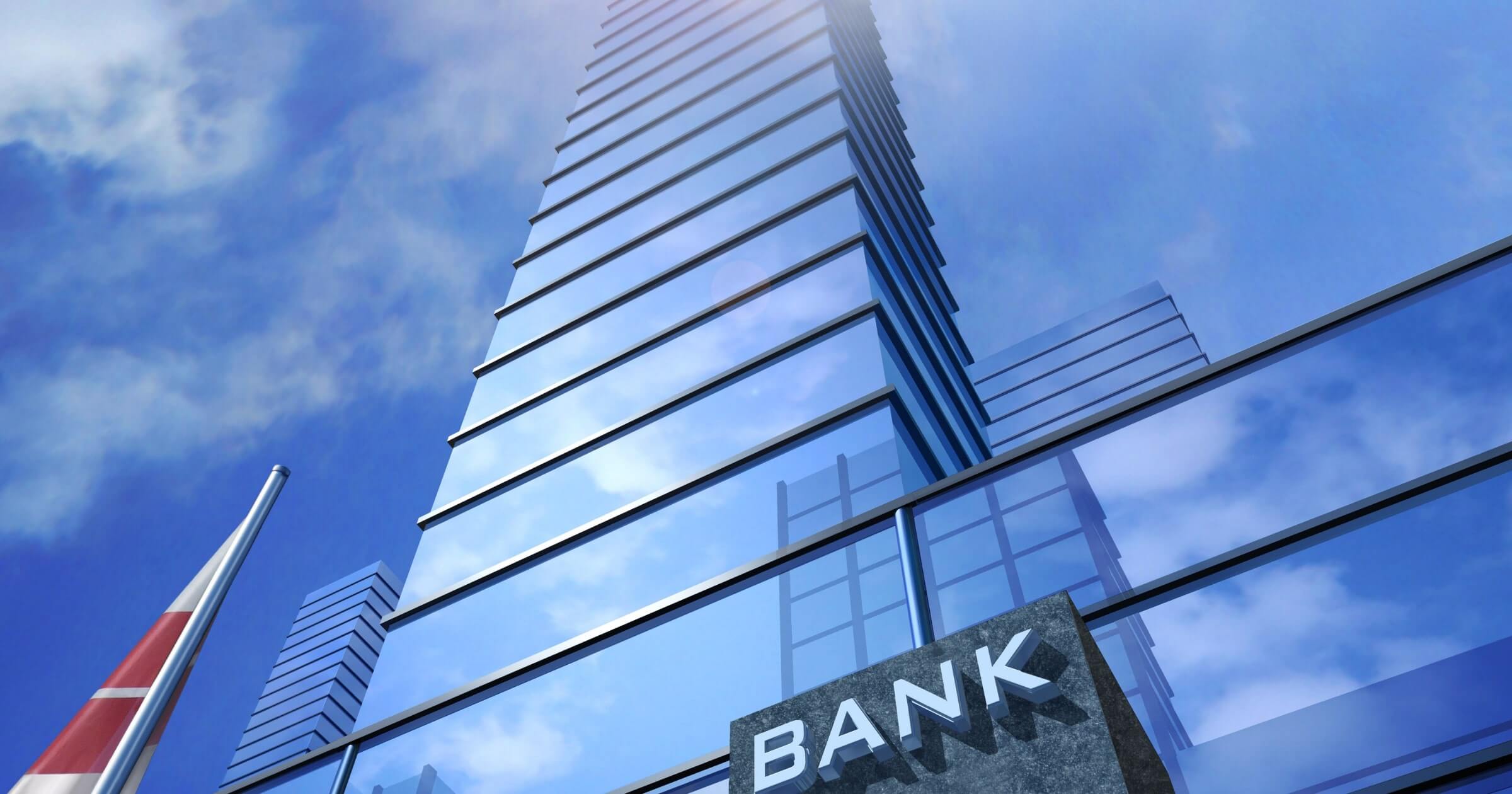
Many of us may have financial hardships at any time. This situation can occur in everyone’s life. Therefore, you have to be ready for this bad situation. Some of you may raise the white flag because you cannot make payment on any of your loans on time.
It will lead to a bad financial record and also poor credit history. You will enter the blacklist from the banks. When you are on this list, you may have difficulties in getting access to any loans in the future. Many banks will reject your application when you are blacklisted due to your late payment.
Sean Martin D. Plantado, head of Digido.ph Customer Care notes that the reason is easy to explain: lending money becomes too risky for them. If you are wondering how to compute separation pay in Philippines, click here – How to Compute Separation Pay
When you are in this bad situation, you should never have to worry at all. We are here to help you find the best solution when you are blacklisted by the banks. There are some necessary steps that you can do, so you can avoid getting any problems and financial hardships in the future.
Following these simple tips will help you get access to loans or other financial products easily after you are blacklisted by the banks. Many of our clients are happy with the result when they can follow these simple strategies that we will share with you in this article.
What is a blacklist?
Before we learn some useful tips on how you can get out of this blacklist, you may want to know what the blacklist is. In the world of finance, this “blacklist” is a special list that contains some people who defaulted on their debts. Many people in this list were in a series of nonpayment for several periods, usually in terms of months.
When your name enters the blacklist, it will be difficult for you to apply for getting any financial services from the banks. Most banks want to lend their money to the people who are not on this blacklist.
How do you get classified on the blacklist? The main reason behind this blacklist is your late payment or nonpayment period. It will cause you to have a bad credit history on the banks. There are some factors that may contribute to your bad credit history, for example, poor credit payment, existing unpaid debts, loan default, etc.
Different people may have different reasons why they can be classified on this blacklist. You may want to take a look at your financial condition when you are blacklisted by banks and other financial institutions.
Your credit record will be handled by the credit bureaus. This credit record is available to all banks and financial institutions that are affiliated with the credit bureaus. When you apply for getting a loan, the banks will take a look at your credit record.
Once your record shows your bad credit history, most banks will reject your application immediately. They will think that you are not creditworthy when you have a bad credit history. You need to do several things for clearing your credit history, so you can get access to any financial products that are available on the market.
Get Out of the Blacklist Now
Fortunately, even though you have a bad credit history, you can redeem yourself from your previous action. The path may be a lengthy process, but it is worthed trying. Once you follow this simple tip, you will be able to repair your bad credit and also remove your name from the blacklist immediately.
Pay your dues and ask for a certificate of the full payment
If you have some outstanding loans and you want to get out of the blacklist, you can pay off all of your debts. By doing this step, you can clean your bad record. It is possible for you to speak to the banks, especially if you want to negotiate to get lower interest and better payment terms.
Once you have dealt with the loans, you can ask the banks for issuing a certificate of full payment. This certificate will be very useful when you apply for any financial services in the future.
The only way to get out of the blacklist is to try to settle all of your debts. It will help you get rid of the bad credit record that may prevent you from applying for any loans and any other banking products in the future.




